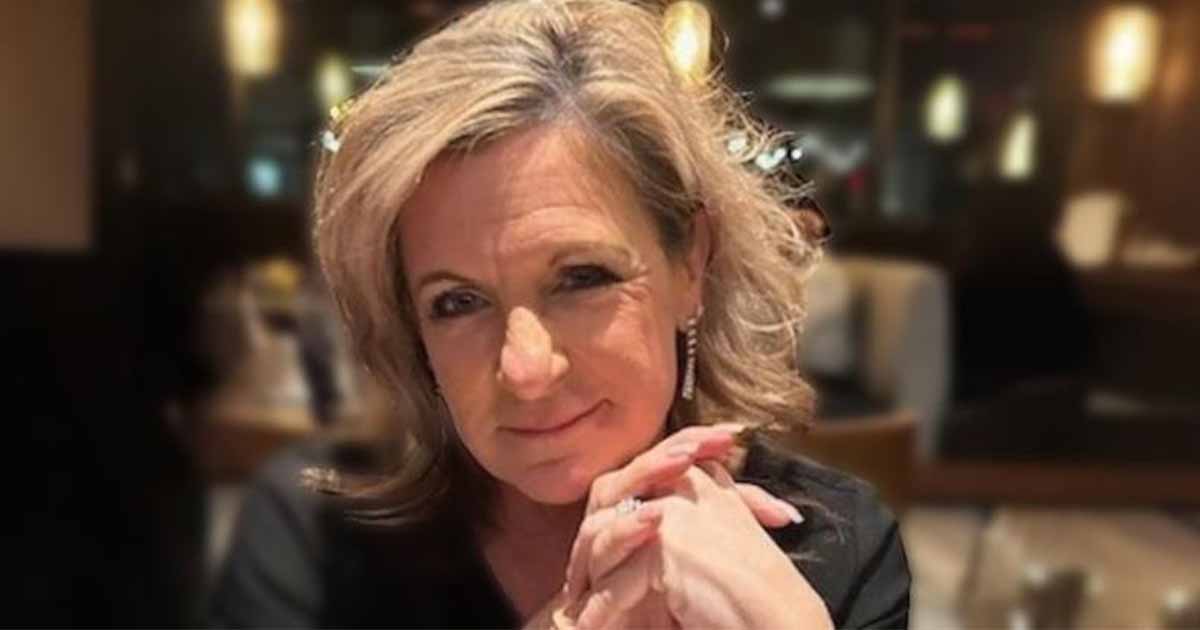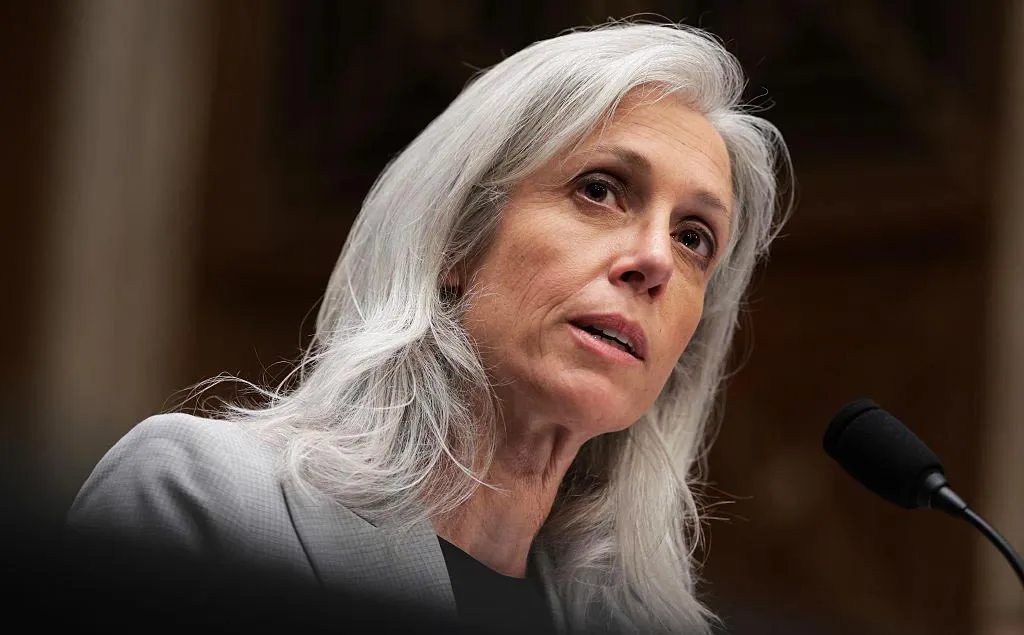WASHINGTON, DC – After four years at ONC, Farzad Mostashari, MD plans to take exactly one day of rest before planning his next move.
And while many in the industry and media are anxiously waiting to find out what that next step might be, Mostashari has been promising a strong finish to his job as national coordinator.
Government Health IT Editor Tom Sullivan sat down with Mostashari in his office within the Office of the National Coordinator for Health IT at the HHS building here to discuss the past four years, the Senate’s oversight of meaningful use, and the loss of respect for policymakers.
Q: You told Don Fluckinger in an interview last week, and I quote: ‘I'm going to finish strong in this job. October 5 is my last day, and October 6 I'll take some time off, and then October 7 I'll start making a plan for what's next.’ Do you think that perhaps you might want to, I don't know, live a little? Enjoy the post-ONC time by doing something drastic like taking an entire week off?
A: I thought of that, [chuckles] I thought of that. But I was supposed to take some time off last week and I sat in the house. The kids are in school and I did not know what to do with myself and I got all depressed. So I realized that I need to be doing something, you know, I’ll take the kids to school, I’ll make dinner — but there’s lots of hours in a day.
Q: In which case what is your big plan for that one day, October 6? Fly to Paris for dinner? Ride your bike to Philadelphia?
A: Actually, riding my bike to Alexandria with my wife. That’s a nice bike ride down there, and we’ll have a picnic. That might be the plan.
Q: You might have to drop the ONC part of your handle but will you keep tweeting?
A: I think I’ll change the handle, but I love it. I love it.
Q: How have your views on team-based healthcare evolved in the 4 years you spent at ONC?
A: I guess the biggest way has been the idea that the patient and their families are team members, too. When I was thinking about healthcare and helping practices adopt technology to improve population health, the idea of having a patient-centered medical home, of team-based care, having pharmacists, nutritionists, counselors, and front-office staff all coordinating their efforts and everyone practicing at the top of their licenses, that I got immediately. What it took me the last four years to get is that the most important member of this team is the patient and often times their family members and loved ones, and getting them engaged, empowered, and entrusted is the big opportunity.
Q: What was it like to testify in front of the Senate Finance Committee immediately prior to their summer break when they were ostensibly building a case to push back meaningful use Stage 2 by lining up provider CIOs and industry CEOs, essentially giving them a pulpit to call for a pause and you were one of two or three voices arguing that a delay would stall progress?
A: I wouldn’t quite characterize it that way. What was humbling to me was that these Senators — who, as you say, there is so much going on in the world right now and they just have this awesome responsibility on their shoulders — the importance they attached to this topic and the sincere desire to help. And I did not sense anything other than that. What they want to know is how can they help? How are things going? Are we on the right track? And how can we help? So I don't believe that there was an intent to say ‘Let’s push back Stage 2,’ I think there was a nuanced understanding of the trade-offs between the urgency or promoting interoperability, which by golly they got that, and they're pushing us. I’m happy they're pushing us by saying ‘what more can you do on interoperability? This is not moving fast enough. We need more interoperability. Honestly, advancing Stage 2 is a big part of that, but we also recognize there are some folks, including in our constituencies and including in rural communities, who are going to have a tougher time keeping up. So how do we balance the urgency of progress on interoperability and the diversity we have in our country?’ That type of oversight is entirely appropriate and helpful. So I was humbled to be able to participate in our democracy that way.
Q: Did those hearings and potential outcomes figure into your decision to leave ONC now?
A: No.
Q: Utah Senator Orrin Hatch did say we should hit the pause button and reevaluate meaningful use.
A: I thought he was very generous in giving me the opportunity to address head-on that question.
Q: Are there any questions that no one asked you in the exit interviews that you were hoping somebody would?
A: A couple of variants on the misconceptions people have about federal service or federal policymaking. I didn't understand it and I thought I was pretty plugged in before I came into policymaking. What people don't understand is how sincere policymakers are about doing the right thing and figuring out what’s in the public interest and understanding the perspectives out there. People sometimes say ‘Oh, wow, thank you so much, you really listened.’ That should not be a surprise. People don't even know how hard policymakers and regulators listen. There are all sorts of assumptions people make about how policy gets made and ‘oh, it's the lobbyists,’ and ‘it’s all cooked’ or ‘it doesn't matter what you do or if you make comments,’ or ‘some idiot bureaucrat in Washington who doesn’t understand medicine or technology wrote some stupid rule.’ And that’s just wrong. That’s just wrong. No one’s perfect, no one’s going to get every policy right. But it is indefensible to think that we don't consider all the information available to us, that we don't want to know, that we don't want to do the right thing, and that we don't have people here working really, really hard to try to get it right within the constraints that we have.
You know what I think of? There was a basketball player, Brian Scalabrine, he’s the ultimate NBA journeyman. He averaged like 3 points a game, and he was the butt of jokes, people making fun of him. So a radio station in Boston held a challenge for anyone who wanted to take Brian Scalabrine one-on-one. They pre-screened and found three people, a college player, a streetball player and the score cumulatively was something like 60-2. Brian Scalabrine against pretty good people on the outside. And he was like ‘Look, this is what I freakin’ do. I am a professional basketball player.’ The worst professional basketball player in the world is a lot better than the person walking down the street saying ‘I could do that. That idiot didn’t pivot when he should have.’ And I think there is a loss of respect for professionalism. Policymakers, whether it’s CMS on the payment side or ONC on the certification side, they are true freakin’ professionals who know their shit so much better than I ever realized. And if there are things that don’t appear to make sense, there are really good reasons and they’re probably in the damn rule you’re not reading. People say ‘why are the rules so long?’ You know why they’re so long? Because we explain every single decision based on the comments we get. So before you start saying how stupid this rule or that rule is, first of all, just read the reasoning. I wish more people would do that.
Anthony Brino, Benjamin Harris, Frank Irving, and Eric Wicklund contributed to this report.


